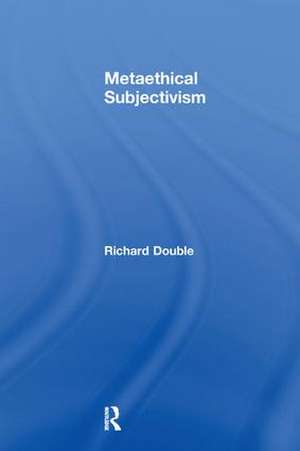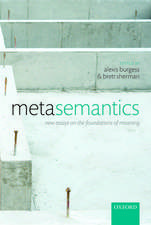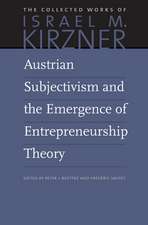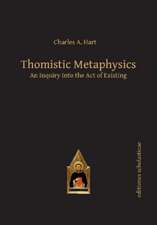Metaethical Subjectivism
Autor Richard Doubleen Limba Engleză Paperback – 6 mar 2017
| Toate formatele și edițiile | Preț | Express |
|---|---|---|
| Paperback (1) | 469.34 lei 6-8 săpt. | |
| Taylor & Francis – 6 mar 2017 | 469.34 lei 6-8 săpt. | |
| Hardback (1) | 1000.27 lei 6-8 săpt. | |
| Taylor & Francis – 28 dec 2005 | 1000.27 lei 6-8 săpt. |
Preț: 469.34 lei
Nou
Puncte Express: 704
Preț estimativ în valută:
89.81€ • 94.02$ • 74.31£
89.81€ • 94.02$ • 74.31£
Carte tipărită la comandă
Livrare economică 05-19 aprilie
Preluare comenzi: 021 569.72.76
Specificații
ISBN-13: 9781138263017
ISBN-10: 113826301X
Pagini: 138
Dimensiuni: 156 x 234 x 8 mm
Greutate: 0.45 kg
Ediția:1
Editura: Taylor & Francis
Colecția Routledge
Locul publicării:Oxford, United Kingdom
ISBN-10: 113826301X
Pagini: 138
Dimensiuni: 156 x 234 x 8 mm
Greutate: 0.45 kg
Ediția:1
Editura: Taylor & Francis
Colecția Routledge
Locul publicării:Oxford, United Kingdom
Cuprins
Contents: Metaethical subjectivism and metaethical objectivism; Requirements for metaethically objective moral theories; What metaethical subjectivism does not need to provide; Moral intuitions; Impartiality; Partiality; Maximization troubles for all moral theories; The fragmentation of the moral; Moral practice, normative ethics, and metaethical subjectivism; Notes; References; Index.
Notă biografică
Dr Richard Double has written The Non-Reality of Free Will, Metaphilosophy and Free Will, and Beginning Philosophy. He has also written over 50 articles and 20 reviews. Upon retirement he was full professor of philosophy and chair at Edinboro University of Pennsylvania, and voted University Researcher of the Year for 2003-04.
Descriere
In this accessible book, Richard Double, presents a vigorous defence of metaethical subjectivism, arguing that the acceptance of this doctrine need have no deleterious effects upon theorizing either in normative ethics or in moral practice. Proceeding from a 'worldview' methodology Double criticizes the rival doctrine of metaethical objectivism for lacking both 'completeness' and 'soundness' , argues that a defence of metaethical subjectivism requires no special semantic analysis of moral language and defends the plausibility of metaethical subjectivism as explaining key intractable disagreements in moral philosophy.

















